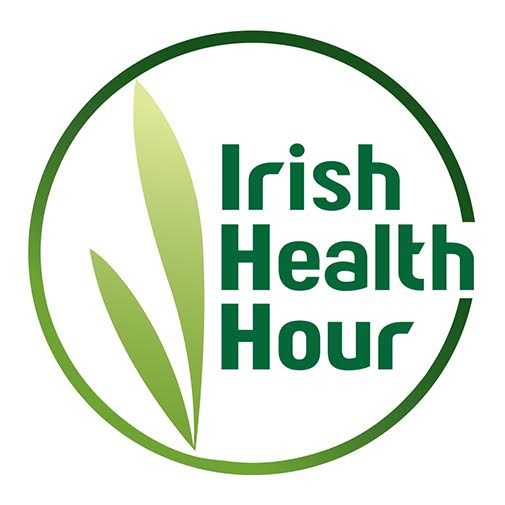How Might a Traumatic Birth Affect a Person's Mental Health?
In this article, we’ll be discussing how a traumatic birth might affect a person’s mental health…
Childbirth is considered to be one of the most difficult but equally rewarding things that a mother will go through. We’ve all heard stories about difficult childbirth and for many women, it is both an exciting and intense experience.
Sadly, for some mothers, childbirth can be a traumatic event for both mother and child. It’s important to understand how this can happen, and what the consequences could be. Let’s talk about it and see if you need to further look into birth injury compensation claims.
What is a Traumatic Birth?
To understand how traumatic birth can impact mental health, we have to first acknowledge what a traumatic birth is.
There is no official definition of what constitutes a traumatic birth. By logic, a traumatic birth is a birth which is traumatic for the mother, but the definition of this can vary substantially from one person to the next.
Trauma is a relative concept depending on the person. What one person might consider to be an easy birth; another person would consider to be an incredibly traumatic one. One person might simply find the ordeal of giving birth, regardless of how easy it was, to be a traumatic event, whereas another person might experience severe complications and be put into a life-threatening situation that leaves them with lasting trauma.
Therefore, it’s difficult to classify what constitutes a traumatic birth, however, there are lots of different mental health issues that can arise from traumatic birth.
What Mental Health Issues Can a Woman Experience?
The type of trauma that a woman can experience will depend quite a lot on who they are. As is the case, with actually defining trauma, the impact of trauma and the resulting mental health issues that come from that are unique as well. However, there are certain types of mental health issues that are found in lots of women who experience a traumatic birth.
One of the most obvious signs of a traumatic birth is post-traumatic stress disorder. PTSD is a condition which can affect anybody who has been in a traumatic experience, and contrary to popular belief, is not limited exclusively to soldiers who have been in conflict situations.
PTSD can take the form of severe anxiety, depersonalisation, flashbacks, and feelings of depression or suicidal thoughts. PTSD attacks can occur at any point and can be triggered by a range of different situations with a notable example, being the sound of a baby crying. Others react badly to being back in a hospital environment.
Other mental health conditions that can be experienced by mothers who have undergone a traumatic birth can be generalised anxiety and depression, as well as a warped relationship with their own child. Some mothers become resentful and angry at their child for causing a traumatic birth, even though the situation is entirely blameless.
However, some mothers can become slow to bond with their child, as a result, and may even become emotionally neglectful inadvertently. It’s important to acknowledge that the exact symptoms of mental health issues following traumatic birth are unique and should be taken on a case-by-case basis.
Traumatic Births Are Real and Happen Everyday
As any birth has the potential to be traumatic, it’s important that we acknowledge traumatic birth can happen to anybody. It’s important to have as much support as possible in the period leading up to giving birth and to work with medical professionals during the process. Doctors have delivered babies countless times, and they are capable of handling most situations. However, unfortunate tragedies and trauma can still occur.
It’s important to seek professional help if you are concerned for somebody who has given birth, because they may require therapy to process their emotions in a healthy way. There are plenty of specialists who are experienced in helping new mothers, but generalised therapy with a trained professional is always recommended in the event that mental health problems begin to develop.
Please be advised that this article is for general informational purposes only, and should not be used as a substitute for advice from a trained medical professional. Be sure to consult a medical professional or healthcare provider if you’re seeking medical advice, diagnoses, or treatment. We are not liable for risks or issues associated with using or acting upon the information on this site.


